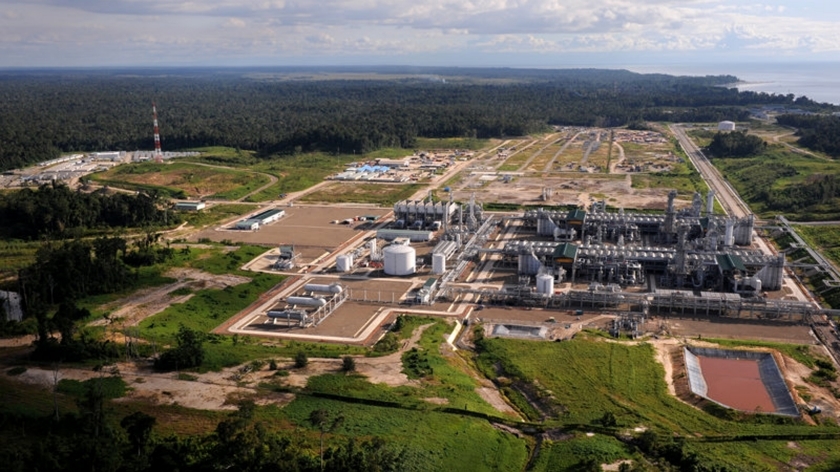
Indonesian upstream regulator SKKMigas does not expect operations at BP’s Tangguh liquefied natural gas (LNG) Train 3 project, which is under construction, to start until mid-2022, due to delays caused by the COVID-19 pandemic.
Early last year the workforce building the Train 3 LNG expansion was drastically reduced to stem the spread of the coronavirus, which slowed progress at the Tangguh complex in Indonesia. However, construction progress slowed significantly from November 2020 to February 2021 due to a spike in COVID-19 cases, Indonesia’s Investor Daily reported.
SKKMigas deputy director Julius Wiratno told Investor Daily that the planned start-up of Train 3 later this year would be difficult. He does not expect the 3.8 million tonne per year (mtpy) expansion to start-up before mid-2022.
He explained that it would be difficult to catch up with the previous construction schedule targeting completion by end 2021 or early 2022 as uncertainty remains around the number of workers that can work in the field.
However, progress at the project might improve if a vaccination campaign is successfully implemented for all workers, added Wiratno. Among the worst hit countries in Asia, Indonesia has reported about 1.86 million COVID-19 cases and more than 51,000 deaths.
At the end of this month the results of a schedule risk analysis will be known, said Wiratno. This should provide more clarity around the expected start-up date for Train 3.
Completion of the project was previously targeted for the third quarter of 2021, which already marked a delay by one year from its planned start-up after natural disasters had disrupted logistics.
All the delays have triggered cost overruns at the expansion project and it is not yet clear who will be responsible for the resulting cost overruns. The Tangguh Train 3 expansion project comes under a cost recovery contract, meaning SKK Migas – or the government – would ultimately bear the cost, analysts at Tenggara predicted last year.
When Train 3, initially expected to cost $8 billion before any delays, eventually comes online, the total capacity at Tangguh will be 11.4 mtpa. While LNG from Train 1 and Train 2 is mostly for export, 75% of LNG from Train 3 would be supplied to state utility PLN and the remaining 25% for export to Japan’s Kansai Electric Power Company.
